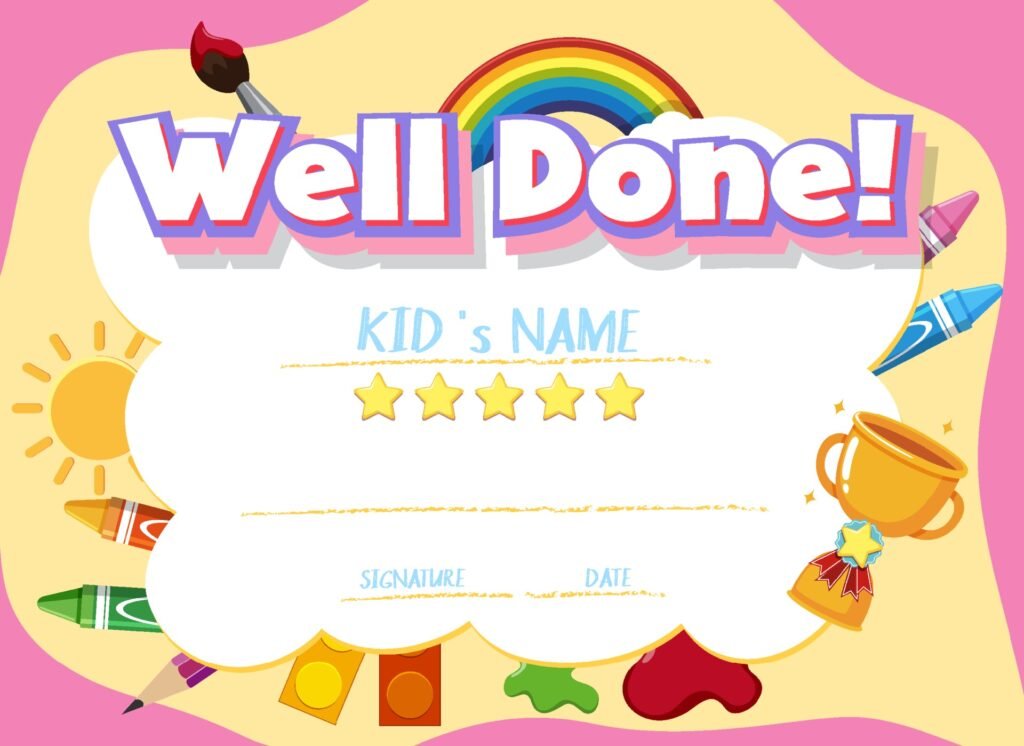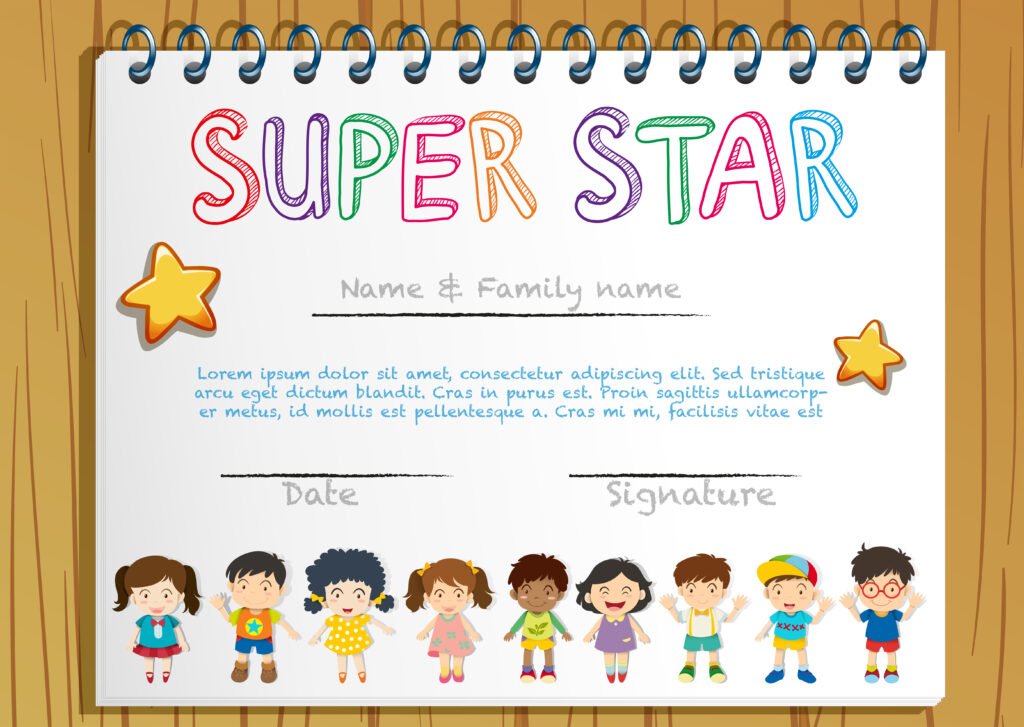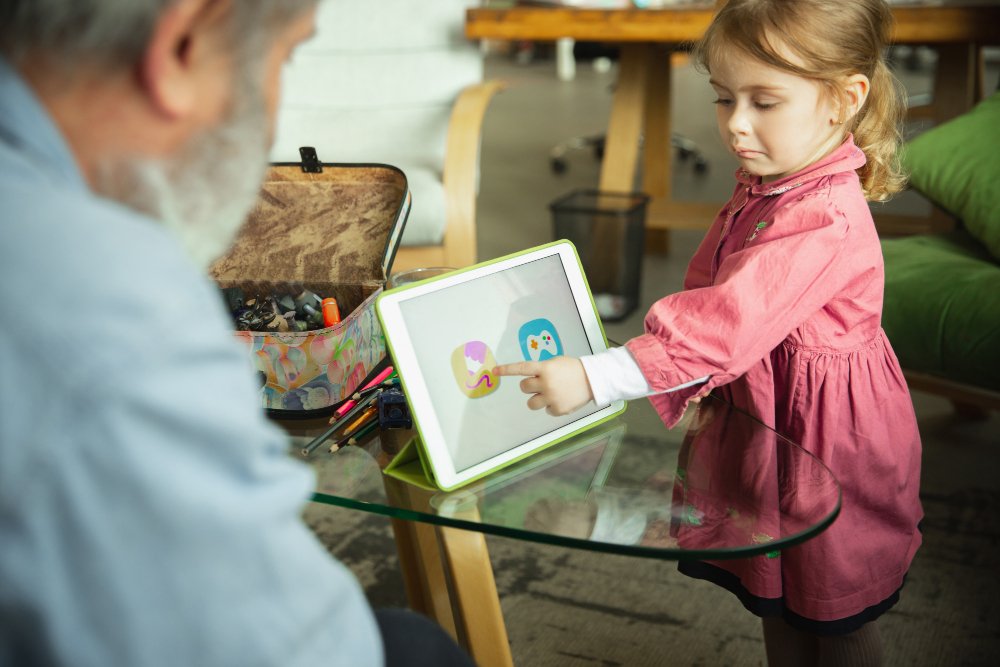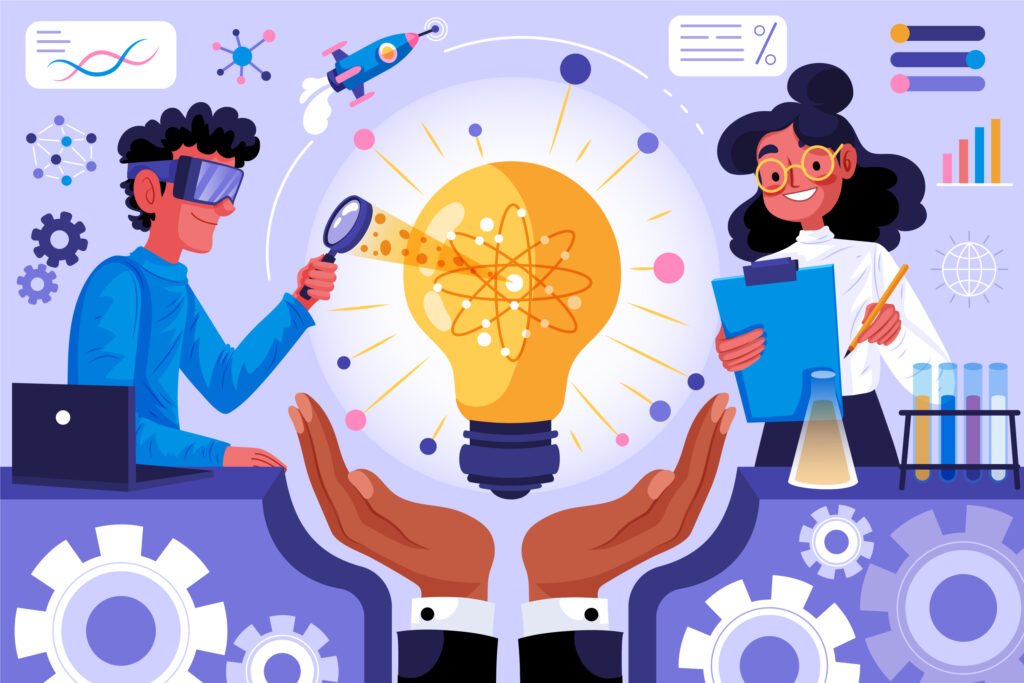
Introduction
In early childhood education (ECE), assessments play a pivotal role in understanding children’s learning and development. However, as our understanding of education evolves, so too must our approach to assessments. Traditional methods, like standardized tests, often fall short of capturing the full scope of a child’s abilities. The future of assessment in early childhood education lies in innovative approaches that go beyond traditional testing, providing a comprehensive understanding of each child’s unique learning journey.

Challenges of Traditional Standardized Tests
Traditional standardized tests have long been used to assess children’s knowledge and skills. However, they present several challenges, especially in early childhood settings.
Standardized tests often fail to account for the diverse ways children learn. These assessments are typically designed to measure specific outcomes, overlooking critical aspects of development like creativity, social-emotional growth, and critical thinking skills. The limitations of standardized testing can result in a narrow view of a child’s abilities, which may not reflect their true potential.
Additionally, standardized tests may introduce biases that disproportionately affect certain groups of children. Socioeconomic factors, language barriers, and cultural differences can influence test results, leading to inequitable outcomes. Furthermore, the pressure to perform well on standardized tests can negatively impact children’s motivation and self-esteem, making learning feel more like a chore than an exploration.

Innovative Assessment Approaches
To address the shortcomings of traditional assessments, educators, and institutions are increasingly turning to innovative methods. These approaches offer a more holistic and child-centered way to assess young learners, focusing on their growth and unique strengths.

- Portfolio Assessment: This approach involves collecting samples of a child’s work over time, providing a tangible record of their progress. Portfolios can include artwork, writing samples, or even photos of children engaging in various activities, offering a more nuanced picture of their development.
- Observation and Anecdotal Records: Observing children in natural settings, such as during play or group activities, allows educators to document their behaviors, interactions, and problem-solving skills. Anecdotal records can capture moments that standardized tests may miss, such as how a child handles challenges or expresses empathy.

- Performance-Based Assessment: This method evaluates children’s ability to apply knowledge in real-world situations. For instance, a child might be asked to solve a problem during play or collaborate with peers on a project, demonstrating their understanding in practical ways.

- Digital Assessment Tools: Technology has opened new doors for assessing children’s learning. Interactive apps and digital platforms can engage children in fun, game-like assessments that provide real-time feedback to educators. These tools can track progress over time, offering a dynamic view of learning.
- Authentic Assessment: This method focuses on assessing children’s learning in meaningful, contextually relevant situations. Whether it’s a group project or a social interaction, authentic assessments measure how children apply skills in everyday life.
The Future of Assessment in Light of Emerging Technologies and Research:
As technology and research advance, institutions like the BEST Teacher Training Institute in Mumbai Borivali, and the Best ECCEd Teacher Training Institute in Mumbai Borivali, are preparing educators to use innovative tools. These methods improve accuracy and deepen children’s engagement.

Benefits of Innovative Assessment Approaches
Innovative assessment approaches offer numerous advantages, benefiting both children and educators by providing a more comprehensive understanding of a child’s development. Unlike traditional standardized tests, these methods capture a broader range of skills, including cognitive, emotional, and social growth, which are crucial during early childhood.
For educators trained at the BEST Teacher Training Institute in Mumbai Borivali, these approaches encourage a more holistic, child-centered educational experience. Institutions like the Best ECCEd Teacher Training Institute in Mumbai Borivali emphasize the importance of recognizing each child’s individual strengths and tailoring instruction accordingly. This differentiated approach nurtures an inclusive environment, fostering personal growth for all students.
Additionally, educators from the Best Jolly Grammar Teacher Training Institute in Mumbai Borivali and the Best Jolly Phonics Teacher Training Institute in Mumbai Borivali understand the value of innovative assessments in promoting a growth mindset. Children are empowered to see their progress over time, shifting focus from a singular test score to a more meaningful, long-term understanding of learning. This boosts motivation and creates a more positive and encouraging learning experience for young learners.

Implementing Innovative Assessment Approaches
There are several practical steps for educators looking to implement innovative assessment methods.
Firstly, it’s crucial to seek ongoing professional development. Institutions like the BEST Teacher Training Institute in Mumbai Borivali and the Best ECCEd Teacher Training Institute in Mumbai Borivali provide educators with the skills and knowledge to incorporate these methods effectively. The Best Jolly Grammar Teacher Training Institute in Mumbai Borivali and the Best Jolly Phonics Teacher Training Institute in Mumbai Borivali also offer specialized training that equips teachers to use phonics and grammar assessments.
Collaboration among educators is another key factor in successful implementation. By working together and sharing insights, teachers can develop a more unified approach to assessment. Additionally, ethical considerations must always be top of mind. It’s important to ensure that assessments are fair, unbiased, and designed to support children’s growth rather than label or limit them.

Conclusion
As early childhood education continues to evolve, so must our approach to assessment. By moving beyond traditional standardized tests and embracing innovative methods, we can create a more inclusive, comprehensive, and supportive assessment system. These approaches not only offer a deeper understanding of each child’s unique development but also promote a more positive and enriching learning experience. Educators are encouraged to embrace these new methods and commit to ongoing professional growth, ensuring that assessments empower young learners, not limit them.


